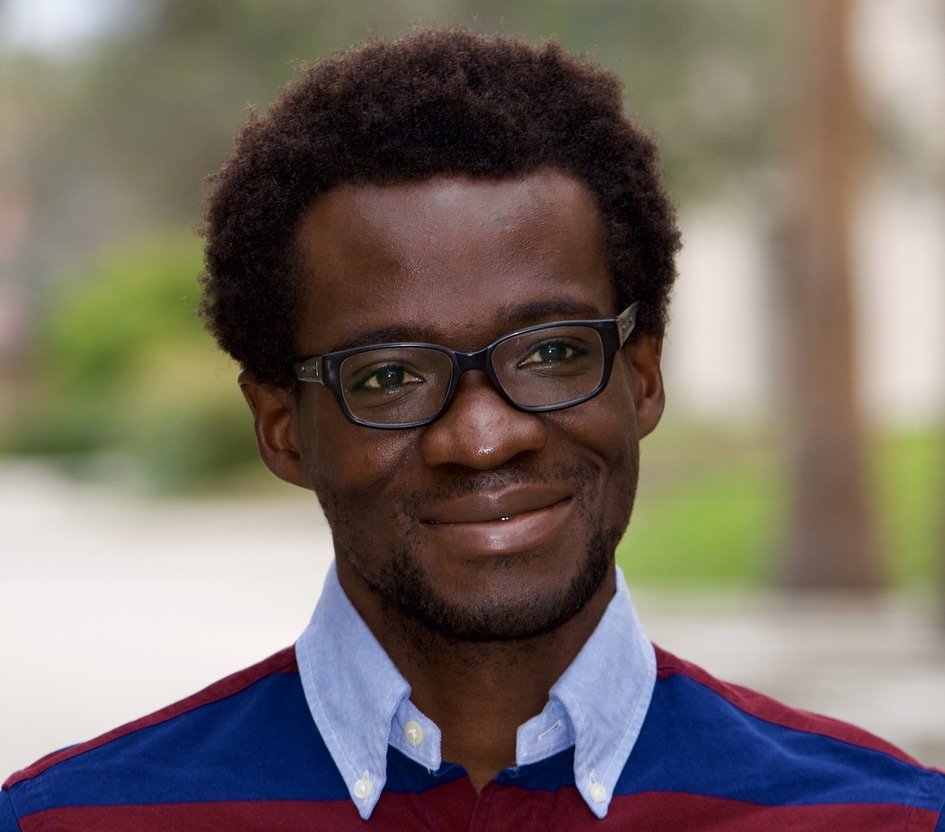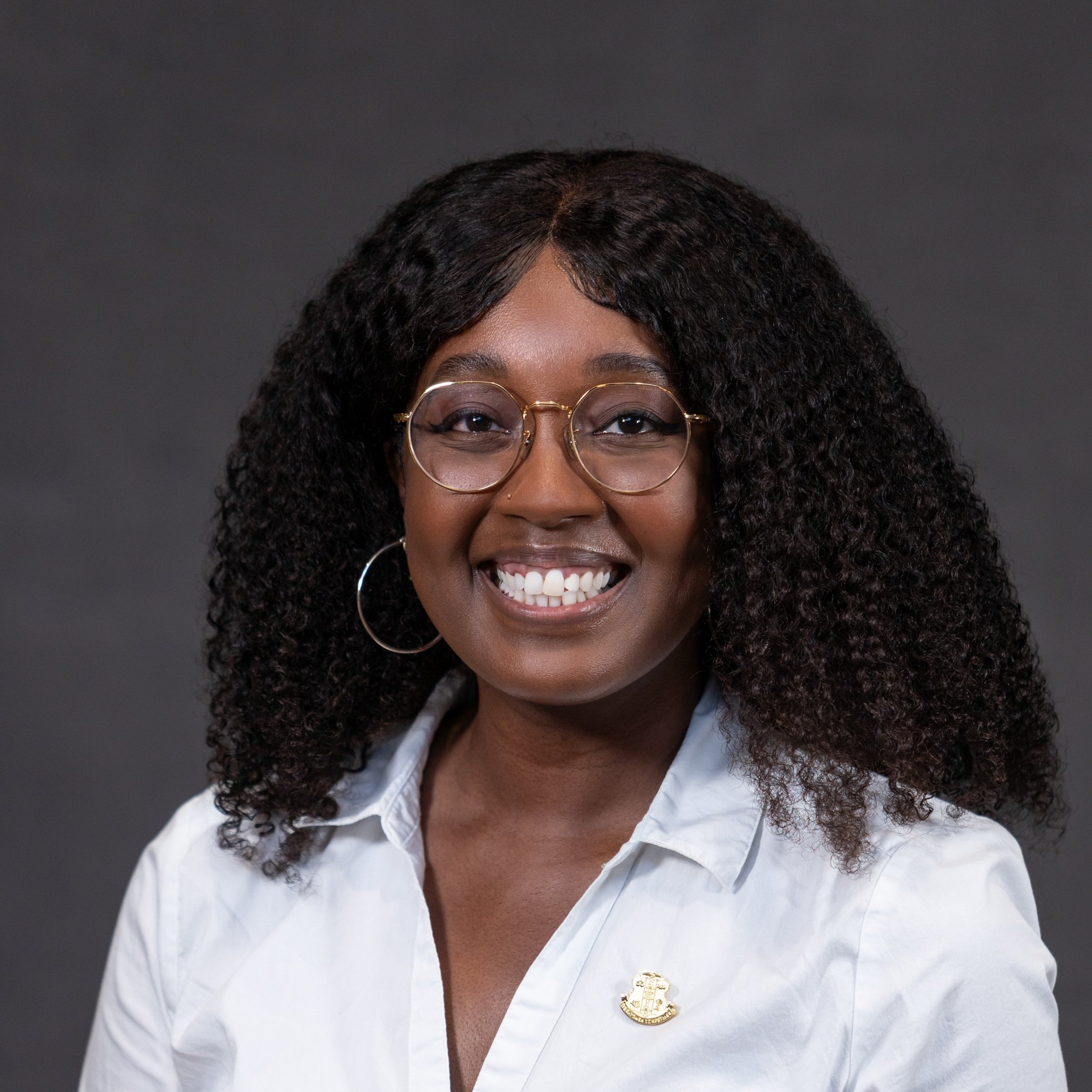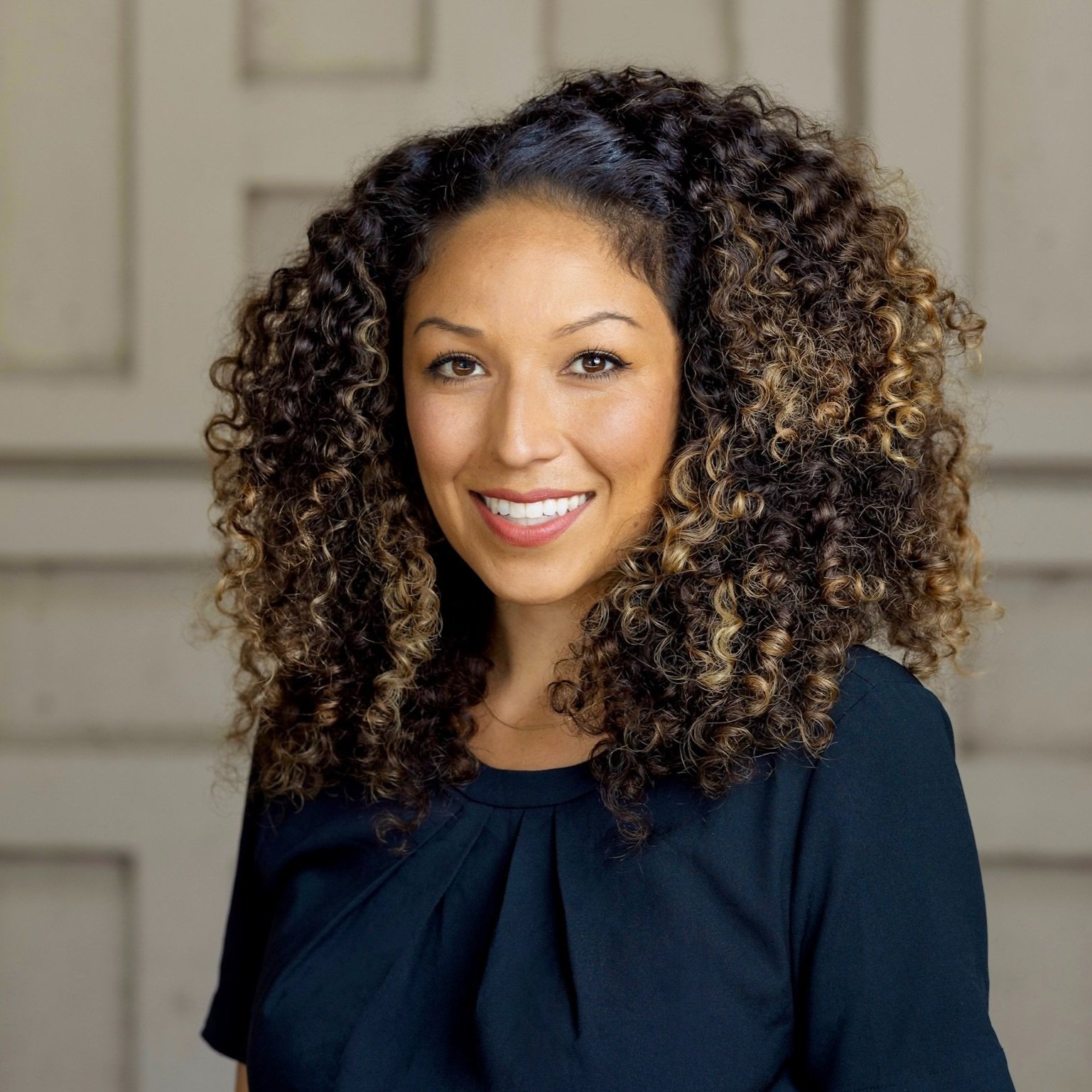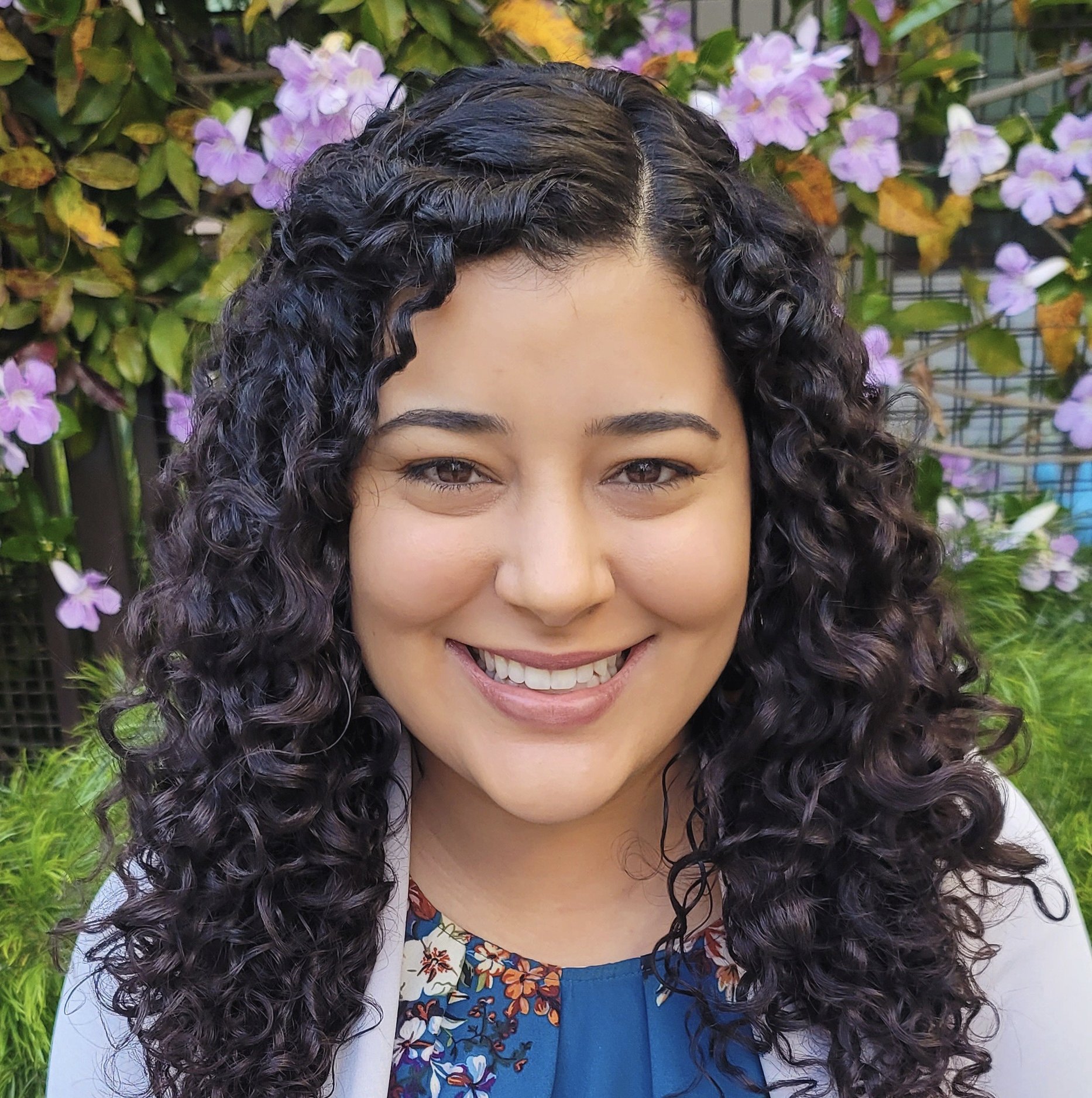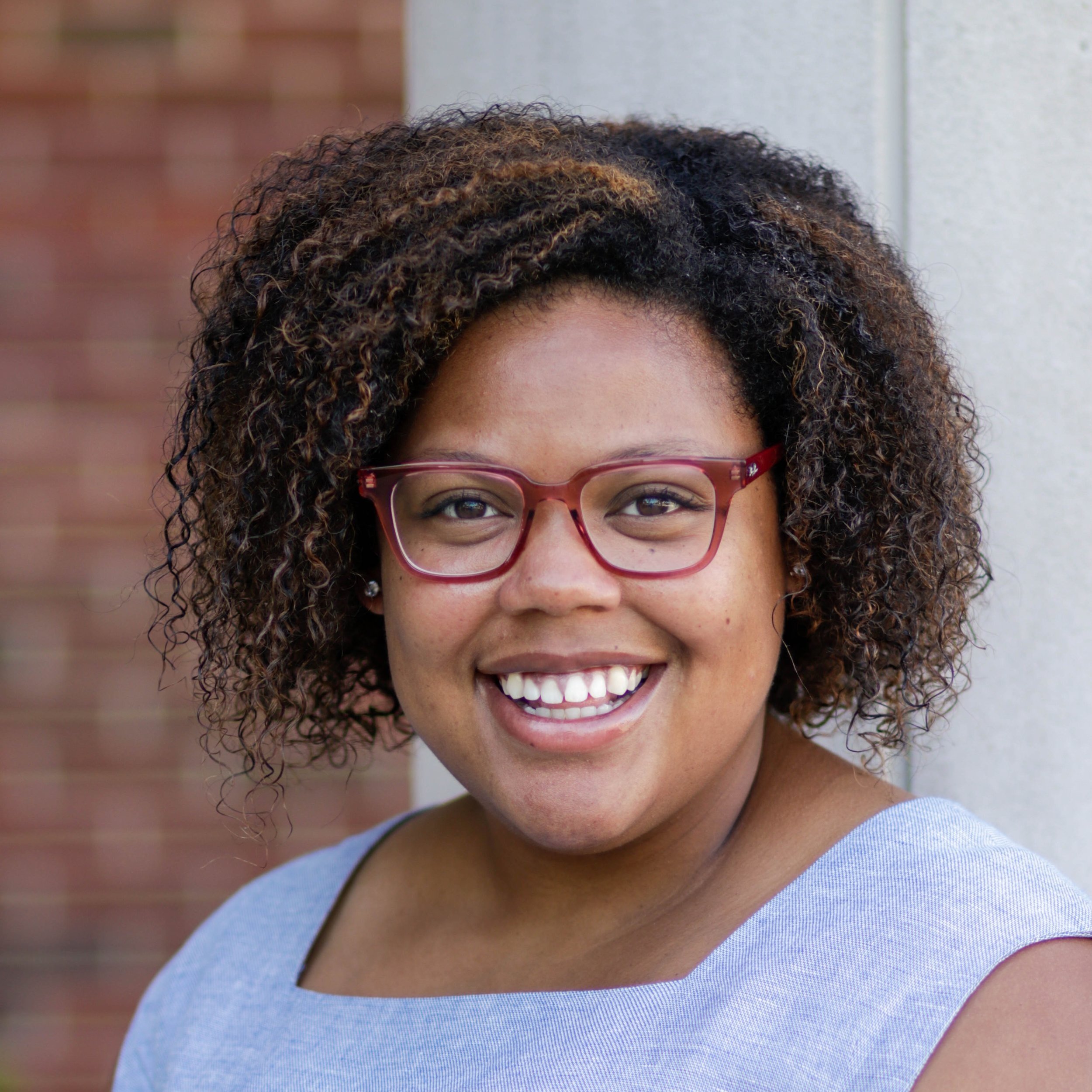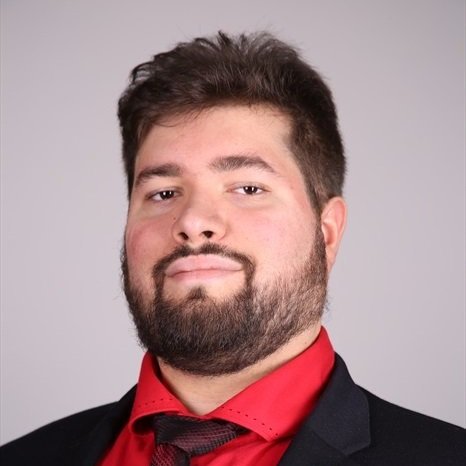Keynote Speakers
Featured Speakers
Honorable Mentions
Samira Abdulai-Saiku (UCSF) (CV)
The Maternal X Chromosome Impairs Cognition and Accelerates Brain Aging Through Epigenetic Modulation in Female Mice
Samira Abdulai-Saiku is currently a postdoctoral scholar in the lab of Dr. Dena Dubal at the University of California, San Francisco (UCSF). During her postdoctoral training, Samira developed a keen interest for dissecting the role of the X chromosome in cognitive aging. Specifically, she focused on transgenic mouse models, primary neuronal cell culture techniques and omics data analysis to dissect how the parent-of-X origin contributes to female variability in cognitive aging. As she transitions into independent research, Samira plans to use single-cell omics approaches, animal cognitive behavioral models and transgenic mouse models to dissect how the parent-of-X origin mediates sex differences in cognitive aging.
Neville Bethel (University of Washington)
Rashmi Chandra (UCSF)
Justin Conner (University of Nevada Las Vegas)
Maria Fernanda Forni (Yale) (CV)
Metabolic regulation of cell fate and function in mammalian cells
Dr. Fernanda Forni’s overarching goal is to understand how metabolism regulates cell fate and function, using mammalian skin as a model. She investigates how energetic substrate availability and metabolic changes impact the regulation of stem and immune cells and their role in tissue homeostasis. She is particularly focused on unraveling the molecular mechanisms underlying metabolic control over immune and stem cell fate, aiming to uncover metabolic signatures associated with normal homeostasis and age-related diseases like inflammation and cancer. In pursuit of this goal, her research focuses on three complementary themes which aim to: (1) characterize the metabolic landscape and its contribution to the developmental morphogenesis of skin, (2) understand the metabolic profiles displayed during normal homeostasis and regeneration, and (3) what is the impact of metabolic changes during disrupted homeostasis such as aging, inflammation, and cancer. In summary, her research program will unveil very basic aspects of the metabolic control of mammalian cell fate and function and will pave the way for developing strategies to promote healthy aging and prevent age-related diseases.
Melanie Hannebelle (EPFL)
Colwyn Headley (Stanford)
Sergio Hidalgo Sotelo (CV)
Sensory integration of seasonal cues to modulate neuronal plasticity
Dr. Hidalgo Sotelo is a Latino scientist from Chile. His research focuses on the neuronal mechanisms underlying the integration of environmental information in the context of seasonal adaptations. Understanding this is key to describing the effect of climate change on organismal physiology and disease.
Rose Hill (Scripps Research Institute) (CV)
Pump up the volume: the role of mechanotransduction in the renal baroreceptor.
Dr. Hill got her start in science studying early embryogenesis in the sea urchin, and through a series of fortunate events fell in love with sensory biology during my Ph.D. at UC Berkeley, where she studied the neurobiology of itch and pain. As a postdoc at Scripps, she continued her work on itch and branched out into studying how the kidney senses and responds to changes in blood volume. She is looking forward to merging my interests in sensory biology and the kidney in her own lab to study renal sensory biology and how the body detects changes in its internal state (interoception).
Chinyere Iweka (Stanford) (CV)
Circadian regulation of immune function in aging and disease
Dr. Chinyere Iweka obtained her B.Sc in Biology from the University of Maryland, Baltimore County, an M.S in Biotechnology from Johns Hopkins University and her Ph.D in Neuroscience from Georgetown University. Her research goal is to identify the specific clock controlled mechanisms in immune cells that may account for their maladaptive function in aging and disease.
Vineet Joag (University of Minnesota) (CV)
Tissue resident memory T cells activate stromal and humoral immunity
My long-term career goal is to understand the interplay between tissue-resident memory T cells and stromal, humoral, and innate immunity at mucosal barriers. My research program will inform the development of combined B and T cell-based vaccines against infectious diseases and identify targets for immunotherapy to cancer and chronic infection. My broad training in mouse, non-human primate, and human immunology and the integration of cutting-edge technologies such as CITE-sequencing, spatial transcriptomics, intravital multiphoton imaging, and whole-tissue confocal imaging will enable me to tackle these crucial challenges.
Ahmad Nabhan (Genentech) (CV)
Decoding and Recoding Stem/Niche Crosstalk in Regeneration and Fibrosis
Ahmad Nabhan is an Arab-American scientist interested in deciphering the molecular signals and principles governing the collective tissue behavior of regeneration. By understanding the basic biology of this process, he hopes to re-wire stem-niche communication in degenerative diseases. He is also passionate about promoting science education and development in the global south.
Renato Navarro (Stanford)
Jean Jacques Noubiap (University of California - San Francisco) (CV)
Global, regional, and country estimates of metabolic syndrome burden in children, adolescents, and adults: a modelling analysis
Dr Noubiap, MD, MMed, PhD is a specialist physician and scientist from Cameroon with a strong interest in global cardiovascular health. He is currently a postdoctoral scholar at the Division of Cardiology, University of California, San Francisco. In the past 10 years, he has co-authored over 300 publications and has a h-index of 73. He is a World Heart Federation Emerging Leader and has received several international research awards including the American Heart Association International Early Career Investigator Award and the Global Burden of Disease (GBD) Emerging Researcher Award. His current research uses big data analytics and modelling tools applied to large administrative and research datasets to explore determinants of cardiovascular health.
Lenore Pipes (UC Berkeley)
Piere Rodriguez-Aliaga (Stanford) (CV)
Dissection of the structural basis of Huntingtin pathogenesis: one molecule at the time
After graduating in Biology as an undergrad in Lima (Peru), I moved to the US to obtain my PhD in Biophysics at UC Berkeley, and currently, I am a postdoc in Stanford and a fellow of the Hereditary Disease Foundation. I use an interdisciplinary approach (ranging from in vivo assays to the study of single molecules with optical tweezers) to dissect the elusive mechanism by which disease-causing mutations affect the structure of specific disease-linked proteins and render them toxic, which drives the onset of neurodegenerative diseases like Huntington’s.
Marielena Sosa (Stanford) (CV)
Flexible encoding of goals in the brain's cognitive map
Mari Sosa is a systems neuroscientist and a current postdoc and Helen Hay Whitney fellow in Dr. Lisa Giocomo’s lab at Stanford University. Dr. Sosa earned her PhD in Neuroscience from UCSF with Dr. Loren Frank, where she studied the interactions between brain areas that link rewards with spatial experiences, uncovering how neuronal networks store specific aspects of experience. As a postdoc, she applies large-scale neural recording techniques in rodents to investigate how neural circuits amplify rewarding memories. Her future research goal is to understand how memory processes adapt to the animal’s behavioral and physiological needs at the scale of single neurons, circuits, and systems.
Jacob Steenwyk (Berkeley)

